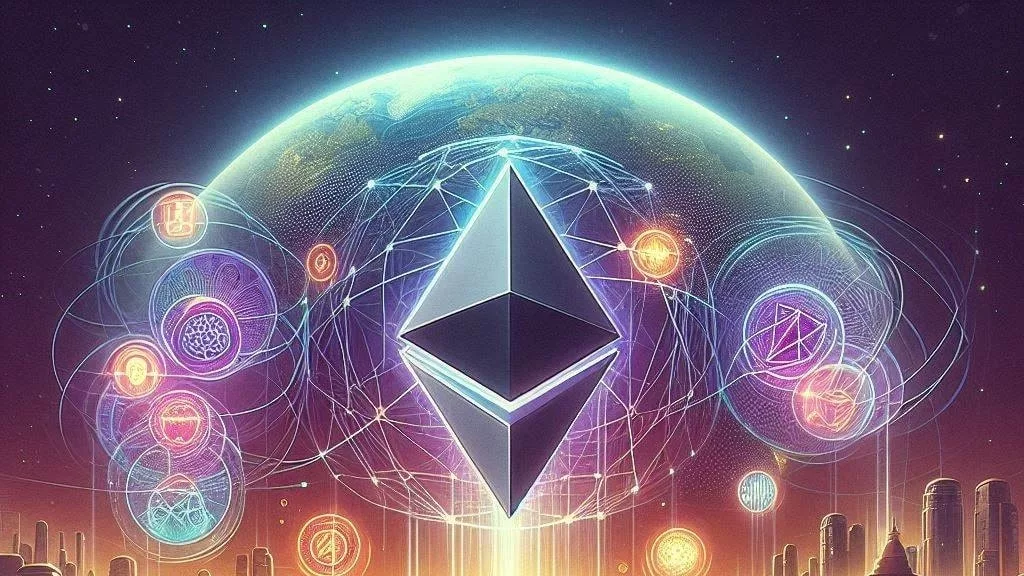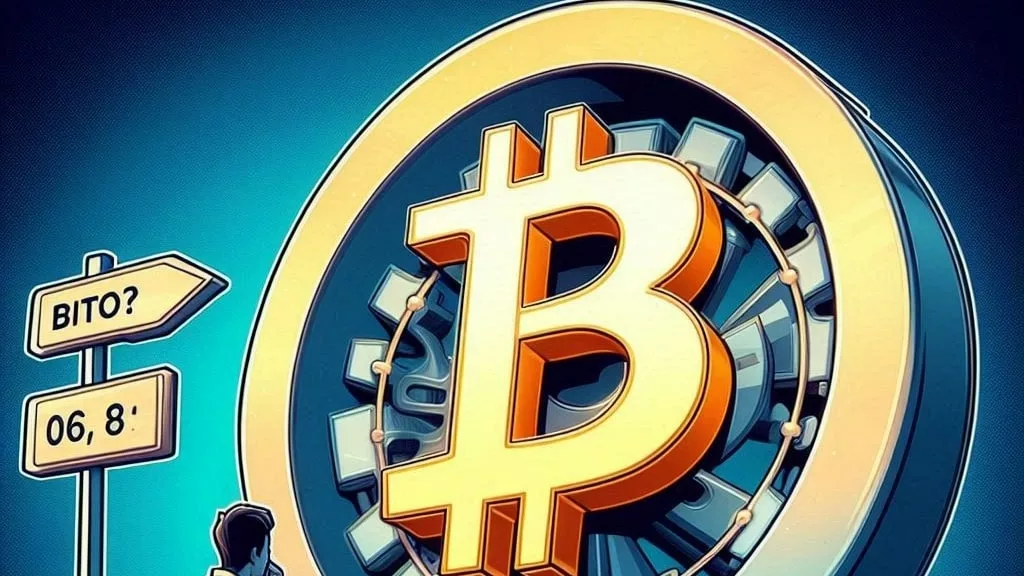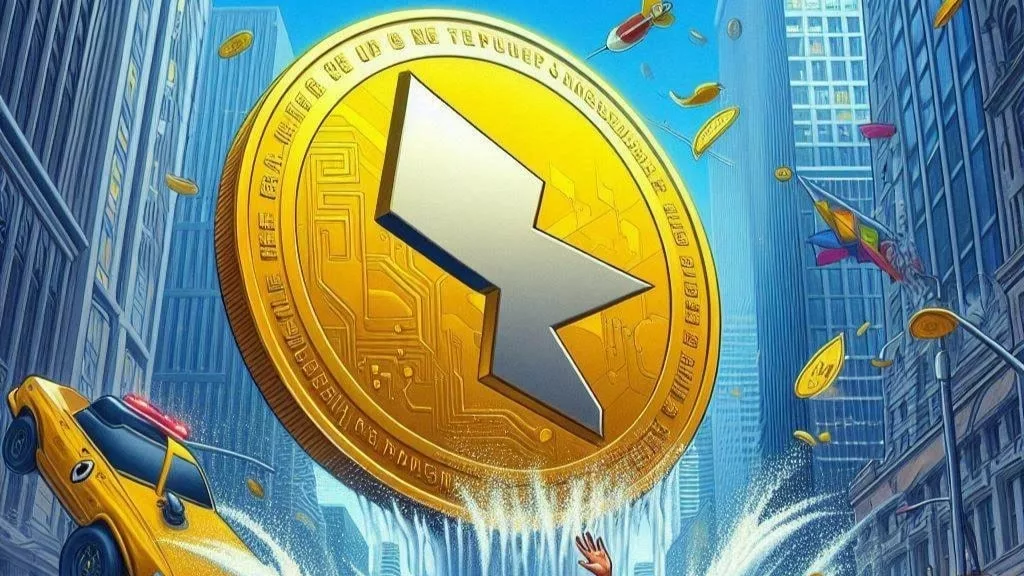
The Evolution of DAOs
Since the early days, DAOs have matured and demonstrated their value. Modern DAOs, such as MakerDAO, BitDAO, and DecentralandDAO, showcase how this model can work effectively. These organizations use decentralized governance to manage funds, make decisions, and drive progress.
For example, MakerDAO oversees the DAI stablecoin, which is pegged to the US dollar and used in various financial transactions. BitDAO focuses on investment and financial innovation, while DecentralandDAO governs a virtual world where users can buy and sell virtual land. Each of these DAOs operates with a high level of transparency and allows its members to propose and vote on important decisions.
What DAOs Mean for the Future
DAOs are expected to play a significant role in Ethereum’s future. They represent a shift from centralized control to a more democratic model of governance. This change aligns with the core principles of blockchain technology, which emphasize transparency and decentralization.
In the coming years, DAOs are likely to become even more integrated into Ethereum’s ecosystem. They could influence various sectors, including finance, virtual reality, and beyond. Their ability to democratize decision-making and provide a secure, transparent way to manage organizations makes them an attractive option for many different kinds of projects.
Understanding Digital Identity
Digital identity is another area where Ethereum is making waves. Unlike traditional identity systems, which rely on centralized databases, digital identity on Ethereum uses blockchain technology to offer a more secure and user-controlled approach to managing personal information.
Two key innovations in this area are the Ethereum Name Service (ENS) and the Sign in With Ethereum (SIWE) standard. ENS allows users to register human-readable names (like “alice.eth”) that can be used across various applications, simplifying online interactions. SIWE provides a way to log in to different platforms using Ethereum, enhancing security and ease of access.
The Power of Attestations
Attestations are digital proofs of claims, such as educational qualifications or professional credentials, that are recorded on the Ethereum blockchain. These attestations can be issued, modified, and revoked with high reliability, ensuring that the information remains accurate and trustworthy.
For instance, a university could issue a diploma as an attestation on the Ethereum blockchain. This diploma could be easily verified by potential employers, reducing the risk of fraud and providing a reliable way to confirm academic achievements.
Managing Reputation with Blockchain
Reputation management is another exciting application of Ethereum’s technology. On-chain attestations, combined with privacy features like zero-knowledge proofs, allow for the creation of reputation systems that evaluate an individual’s behavior while protecting their privacy.
For example, a reputation system on Ethereum could provide employers with verified information about a candidate’s work history and skills without exposing sensitive personal data. This approach could make hiring processes more transparent and fair while safeguarding individual privacy.
What Are Decentralized Social Networks?
Decentralized social networks are a new type of social media platform that operates on blockchain technology. Unlike traditional social networks, which are controlled by centralized entities, decentralized networks aim to give users more control over their data and interactions.
Platforms like Farcaster, which operates on Ethereum’s Layer 2 solution called Optimism, exemplify this trend. These networks are designed to be censorship-resistant, meaning they are less likely to suppress or control user content. Instead, they use blockchain technology to enable open and free communication.
Benefits of Decentralized Social Networks
Decentralized social networks offer several advantages over traditional platforms. They prevent censorship by eliminating central points of control, allowing for a more open exchange of ideas. They also incentivize user participation through blockchain-based rewards and governance mechanisms.
For instance, users might earn tokens for creating high-quality content or participating in community governance. This model not only encourages engagement but also ensures that content moderation is handled through collective decision-making rather than by a single authority.
How These Changes Are Shaping Ethereum
The advancements in DAOs, digital identity, and decentralized social networks are reshaping the Ethereum ecosystem and extending its influence beyond just financial transactions. Each of these innovations leverages Ethereum’s core strengths—such as immutability, security, and transparency—to create more efficient and inclusive systems.
Future Directions and Challenges
As Ethereum continues to innovate, there are several areas to watch:
Ethereum is leading the way in a technological revolution that extends far beyond financial transactions. Its advancements in governance through DAOs, innovations in digital identity, and the emergence of decentralized social networks are setting the stage for a more transparent, secure, and inclusive digital future. As these technologies continue to evolve, they promise to reshape how organizations operate, how identities are managed, and how communities interact online.


Get the latest Crypto & Blockchain News in your inbox.